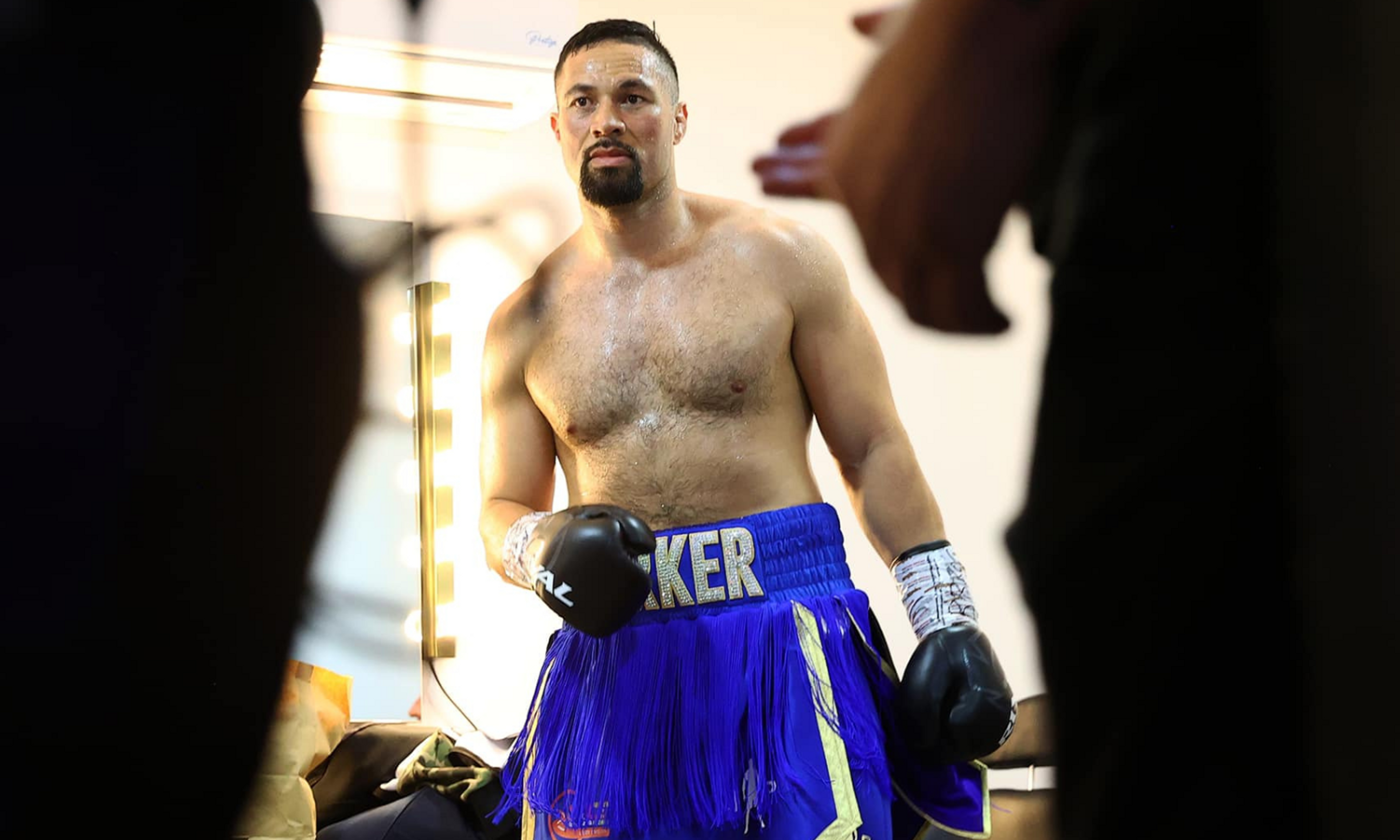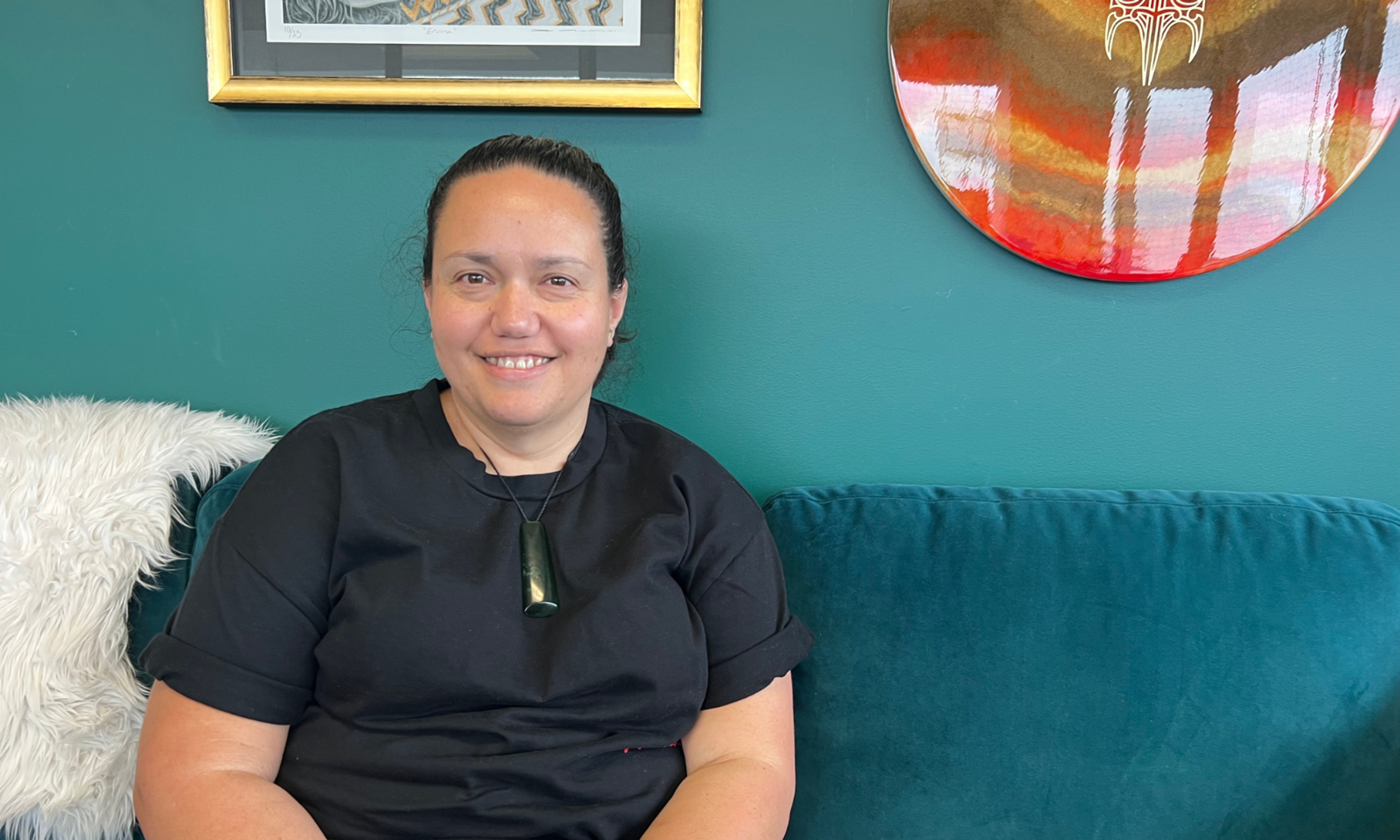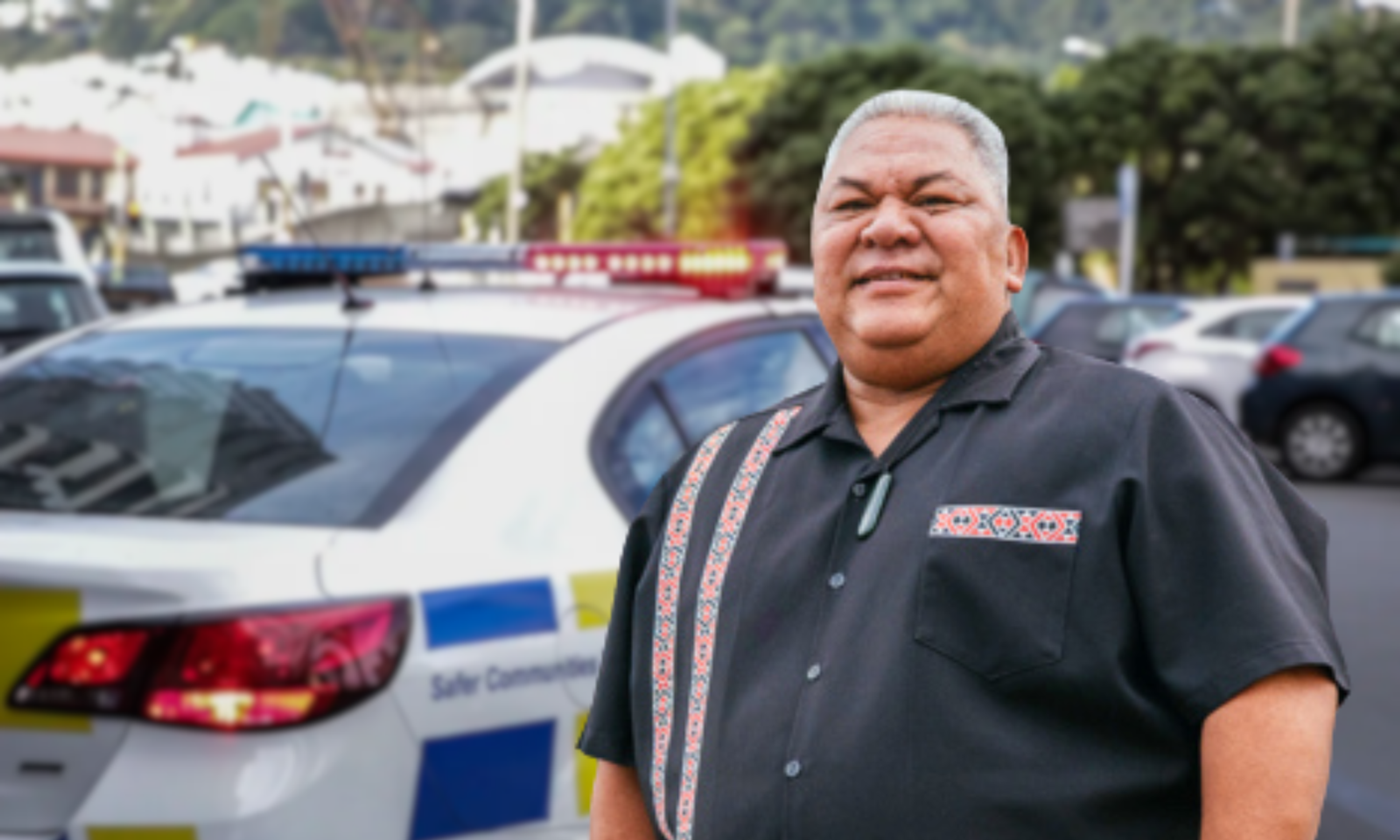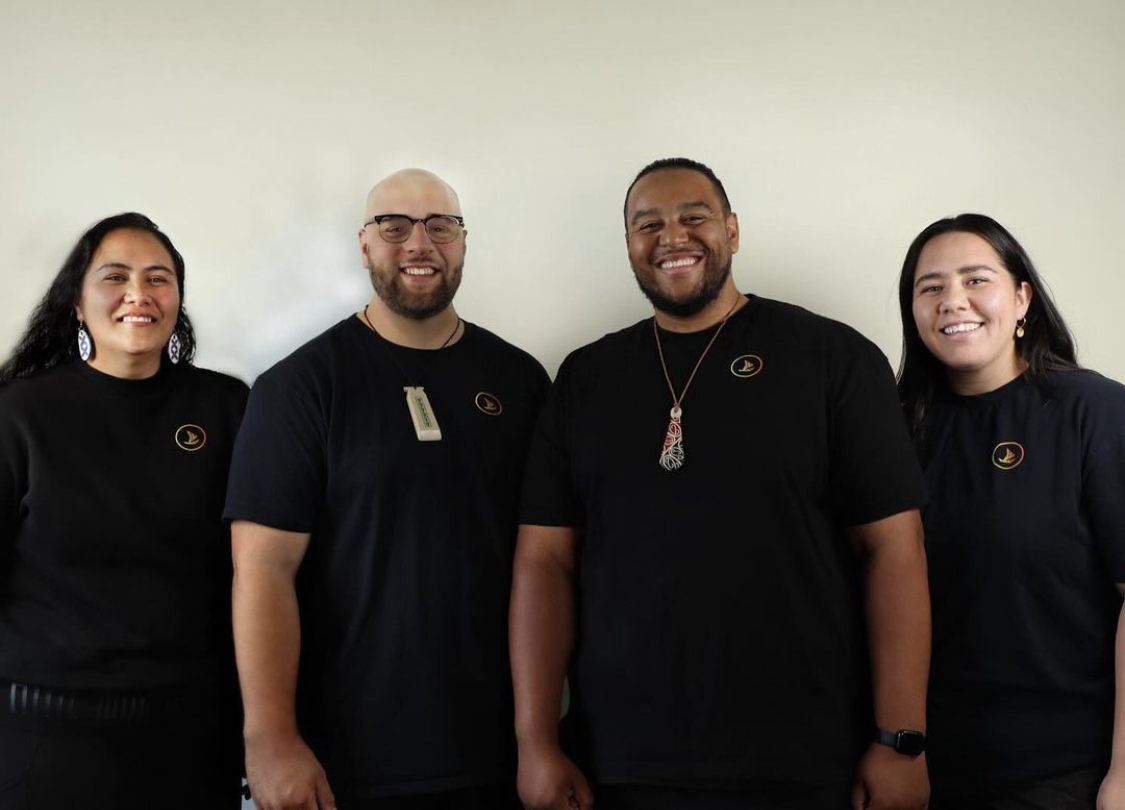

Chief executive of Ngahere Communities Manawa Udy.
Photo/ PMN News
Pacific workers encouraged to consider digital careers, as NZ unemployment rises
There are calls for more investment and exposure to digital and creative work, as unemployment for Pacific youth reaches a nine-year high.


Former cop says Pacific trust in police needs rebuilding after report

Advocates warn that selective redress risks repeating state harm

Shock noble bids shake up Tonga’s latest race for Prime Minister


Former cop says Pacific trust in police needs rebuilding after report

Advocates warn that selective redress risks repeating state harm

Shock noble bids shake up Tonga’s latest race for Prime Minister
Unemployment is on the rise, but some in the technology sector are urging Pacific people to consider digital career pathways.
“It’s the way of the future”, says Kynan Johnson-Jones, head of growth at Vaka, an education company that builds 3D printing stations and provides workshops for organisations and schools.
“I think there's a lot of transferable skills through learning basic 3D modelling and design, which can be potentially useful for future career paths.”
Johnson-Jones is a self-taught creative, who now teaches digital skills in schools and community hubs. He’s been holding workshops with students from Auckland Girls Grammar school, where they design and produce taonga using a 3D printer. On his desk sits a cluster of custom designs, fresh from the printer and ready for finishing touches at the next workshop.
“Once you put the technology in different people’s hands, you’ll be surprised at what they can do with it.”
Johnson-Jones’ digital skills have fueled his own side-hustle, selling musical instruments made with a 3D printer. He says learning about technology and design is becoming cheaper and more accessible.
“A lot of the modelling software that we use is free. It doesn't require a really powerful computer or anything, most of these you can access using a Chromebook or something simpler.”
He says when youth are able to connect digital skills with their identity and culture, innovation comes next.
“The main thing we focus on is the narrative … and we believe what makes a taonga precious is that story and really connecting the design to that, so without it, then it would just be just random patterns and things stuck together.”

Vaka co-founders Andrea Fua and Jesse Armstrong, head of growth Kynan Johnson-Jones and operations lead Simone Lee (left to right).
Job losses continue, unemployment rises
This comes as the country’s unemployment rate is now 4.3 per cent, and Wellington-based economist Craig Renney told 531pi's Pacific Mornings show host Levi Matautia-Morgan the figures for Pacific workers are even higher.
“The unemployment rate among Pacific peoples is 9.4 per cent, so more than double the general rate, and for young Pacific people in general, this is some of the worst unemployment data we've seen since 2015.”
Renney says 31,000 Kiwis lost their jobs in the past year, but the number of people who want more hours and can't get it has also risen 30 percent in the last year.
“Again, they tend to be female, they tend to be kaimahi Māori, they tend to be Pasifika workers, and if they can't get work, that's telling us that households right across New Zealand are struggling to bring home enough money to put food on the table and keep the roof over their heads.”
Changing the future skillset
Ngahere Communities creates physical and digital spaces to support Pacific and Māori businesses in the creative and innovative sector.
Founder and CEO Manawa Udy says there are different ways to make money and build a business.
“The systems here in Aotearoa and across the world are not designed for indigenous peoples and the way that we work, but what's positive is that there are lots of people out there trying to make some change.
“What we have seen is just an incredible rise in the amount of Māori and Pacific owned businesses that are product-based.”
The organisation hosts Konei, an online marketplace where Pacific and Māori-owned businesses can sell their products.
“In the four years that we've been running that, it's just amazing to see the growth and development, and seeing people just take the opportunity to make their own way, find their own pathway.
“I do love that about e-commerce, it's really accessible and you can do it from anywhere with as much or as little resources as you have."
Udy says questions must still be asked around increasing participation and digital capability for our next generation of entrepreneurs.
“Do they have the skills that they need, which is kind of where schools come in, but then on top of that is the access, which is more around things like poverty and equity, but they just don't have access to the things that other people might.
“And then belonging, do they have a community, do they have mentors, do they have role models, are they showing them the way?
“Finally the kaupapa and what really matters to them: whānau, impact, whenua, taiao.”
Udy encourages Pacific communities and the government to value digital innovation as a viable career path.
“Even the National government, you can tell that they don't really value creativity as much either, and they're pulling a lot of the support, even discussing whether or not it's even needed. So that's tough as well.
“There's lots of safe spaces for Māori and Pacifica now, what we need is brave spaces, spaces that are gonna push them further into the opportunities that they really desire and help see them rise.”
From an economic perspective, Renney says the government must be proactive in supporting people into work.
“There's no plan, there's no sense of how we're going to change this unemployment rate, how we're going to make sure that actually anything in the future gets these people into good, long term sustainable work.”
Watch the full interview with economist Craig Renney on Pacific Mornings: